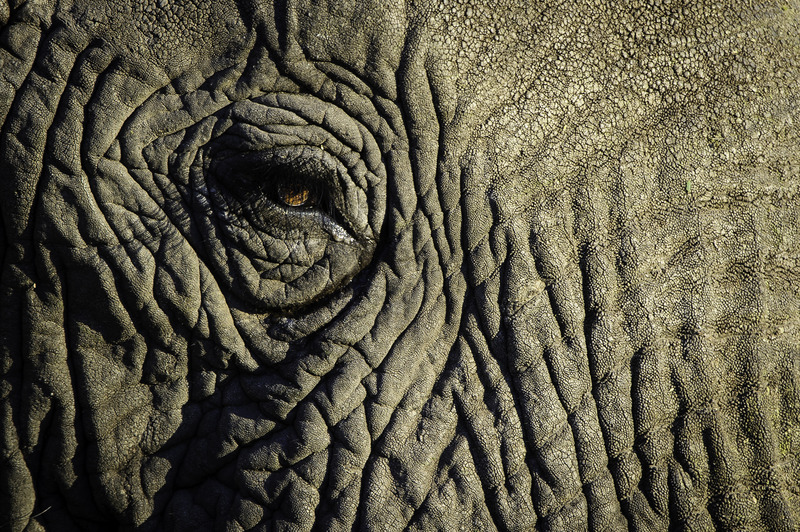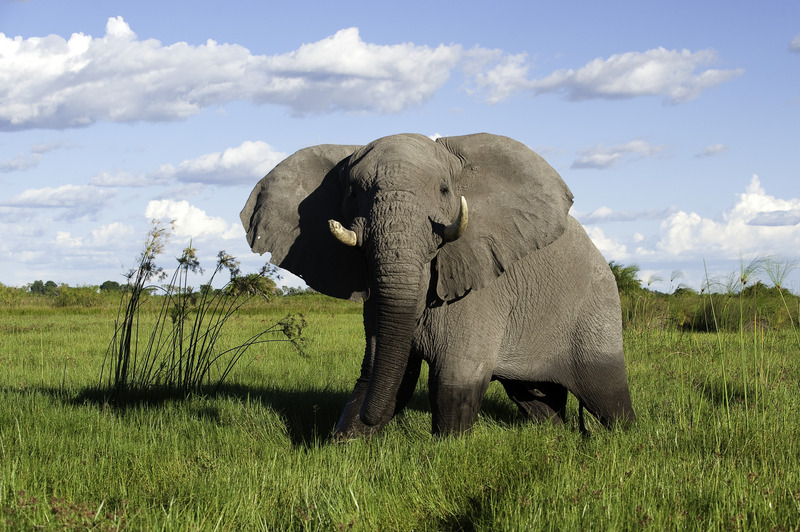"Since 2019, our collaboration with Ecoexist has been integral to our impact mission. We take great pride in our support of their project through this contribution, enabling them to persist in their pursuit of mitigating conflicts and nurturing harmonious coexistence between elephants and humans. In regions where competition for water, food, and space is intense, Ecoexist consistently discovers and implements solutions beneficial for both species”, stated Vince Shacks, Wilderness Group Impact Manager.
The project aim is to identify, verify and monitor elephant movement corridors, which in turn assist with future land-use allocation processes. Now, one year in, recent results show that all five collars are still operational, providing valuable insights into elephant movement across the southern part of the Delta, including key routes near Maun, Toten, and Nokaneng urban development zones.
The captured data includes hourly GPS locations and is accessed through the Save the Elephants Wild Tracks app, offering real-time information and movement mapping. Frequent monitoring flights have also been conducted to ensure the wellbeing of these collared elephants over the annum.

“Human-elephant coexistence (HEC) involves separating conflicting land uses to allow for shared space and resources. Land-use planning, based on identified elephant corridors, aims to mitigate conflict with agricultural development. Short-term efforts focus on empowering farmers with practical deterrent tools, while long-term initiatives involve collaborations with local, national, and international groups for holistic policy and programme solutions to tackle the root causes of human-elephant conflict. This strategy aims for sustainable coexistence while considering future development needs, and these report findings are invaluable for our future planning”, added Vince.
Elephants face new challenges as human development encroaches on their movement across international borders. Preserving their passage along corridors between protected areas and vital resources is crucial. Detailed research identifies micro-corridors, which are essential for their unrestricted movement, preventing heightened conflict due to restricted paths. This focused study provides compelling evidence for elephant protection, and guides solutions for safer passage from high-density to lower-density areas in northern Botswana, naturally mitigating the ecological impact of concentrated elephant populations.
“The entire team at Wilderness would like to extend our gratitude for the remarkable efforts of the Ecoexist Trust team and all collaborators involved in this crucial work”, Vince concluded.




